Aphthous ulcers or canker sores, those painful little things in the mouth – what helps best?
–
Anyone who has ever had a small lesion of this kind in the mouth knows how unpleasant aphthea can be. Eating and drinking is severely limited and dental hygiene tends to be neglected.
–
Chronic recurring apthe (CRA) is the medical term used, women generally tend to be affected more often. There are three different types commonly mentioned: minoraphthe, majoraphthe and herpetiform ulcers. This distinction is made based on appearance and location!
–
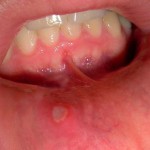 Minoraphthe are the most common: round or oval, flat ulcers of less than 5mm diameter. These usually appear on the flexible part of the gums or mucuous membrane and heal after one or two weeks, without leaving a scar.
Minoraphthe are the most common: round or oval, flat ulcers of less than 5mm diameter. These usually appear on the flexible part of the gums or mucuous membrane and heal after one or two weeks, without leaving a scar.
–
–
–
–
–
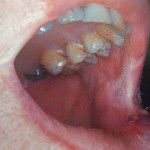 Majoraphthe are less common, and appear on the gums, lips and palatal arches. They usually take several weeks to heal (up to 6 weeks) and can leave scars.
Majoraphthe are less common, and appear on the gums, lips and palatal arches. They usually take several weeks to heal (up to 6 weeks) and can leave scars.
–
–
–
–
–
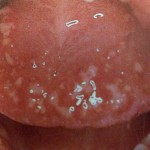 Herpetiform aphthe are characterized by many hundreds of small lesions, which can appear anywhere in the mouth.
Herpetiform aphthe are characterized by many hundreds of small lesions, which can appear anywhere in the mouth.
–
–
–
–
–
–
What causes aphthe?
Aphthe is associated with many different kinds of illnesses, e.g.
- Morbus Behcet
- Sweet Syndrome
- familial neutropeny
- HIV infection
- …
But even healthy persons can develop aphthe, the exact causes are unknown. Various factors such as iron deficiency, vitamin deficiency, glutamate intolerance, food allergies,infections or genetic predisposition have been suggested. Healthy persons often get aphthe after eating nuts, pistachios and/or citrus fruits.
–
What can I do against aphthe?
As the exact causes are unknown, only the symptoms of aphthe can be treated:
- Washing out the mouth with astringent solutions such as sage tea
- local cortico-steroids (Volon A ointment)
- Softlaser
- Chlorhexidine mouthwash
- topical analgesics as lozenges
If aphthe seem to appear after eating certain foods, simply refrain from eating those foods!
Aching areas in your mouth? - They are called aphthous ulcer or canker sore!,
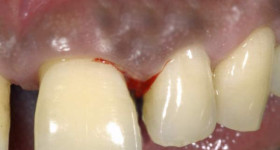
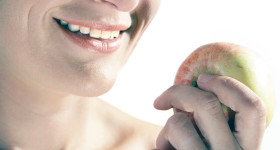
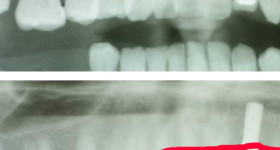
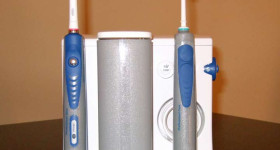
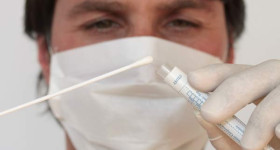
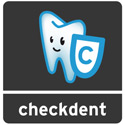
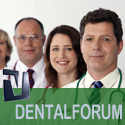


What is the treatment for candida infection of the mouth and also for aphathe (thick white deposit) on the tongue ?
Dear Eric!
Thank you for your comment.
First of all it is important, if the infections appears after an antibiotic therapy (AB therapy) or without.
If there was no AB therapy, we recommend to treat a candida infection not by drugs but through
– better mouth hygiene (brushing, oral rinse, tongue cleaner)
– supporting the immune system
If the infections persists and/or new infections recur please contact your general practitioner, who should exclude a diabetes.
Hope we could help,
Your Dental News Team
[…] other type of ulcer is called Herpetiform, and this is a little bit different. Herpetiform ulcers basically work in clusters. They are […]
I was just wondering if there was anything I can do to help it heal faster? I assume I have the first one Minoraphthe. I think maybe the change in diet. I’m learning how to be vegetarian but still get what I need in vitamins. I am meticulous about keeping my mouth clean. I’m very new at being a vegetarian. (one week)